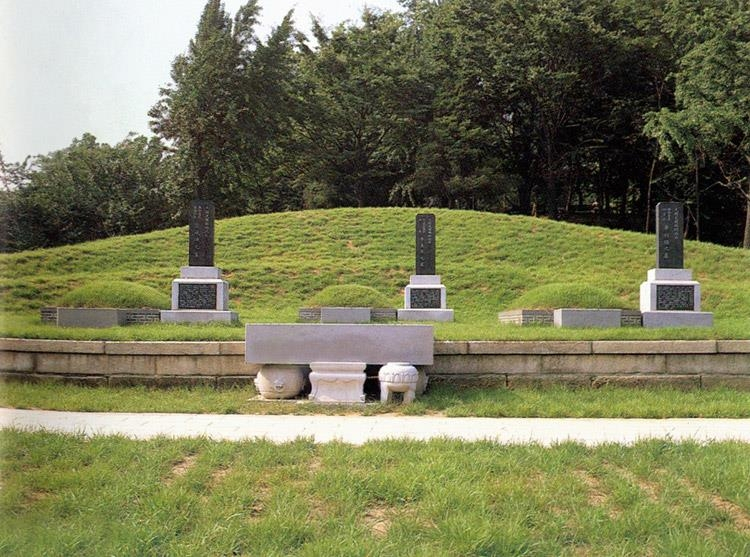Korea Heritage Service to extend key independence activist’s tomb
By Choi Si-youngPublished : July 22, 2024 - 16:50

The Korea Heritage Service will expand the tomb of Lee Dong-nyeong, a historic site in central Seoul that the government says needs a makeover to show proper respect for the Korean independence fighter.
Lee’s family has long requested the expansion of the site at Hyochang Park in Yongsan-gu where Lee’s comrades are also buried. They argue the former independence activist deserves more space, given his role in the Provisional Government of the Republic of Korea in its fight against Japan’s 1910-45 colonial rule over Korea.
“We agree that repairs should take place around the tomb so it gets the space warranted,” a KHS official said, noting construction will start within the year.
Lee, born in Cheonan, South Chungcheong Province, in 1869, was an independence fighter who took on numerous roles. At age 28, he joined the independence movement and led protests against Japanese rule, resulting in repeated imprisonment.
In 1906, he cofounded a school in Manchuria in northeast China dedicated to teaching and enlightening Koreans there to accelerate Korea’s liberation efforts. Lee also raised awareness of the independence movement by helping expand schools and newspapers in Korea.
In April 1919, Lee was named prime minister of the Provisional Government of the Republic of Korea, serving on and off until June 1924. He was president from August 1927 to March 1933, and again from November 1935 to March 1940. He died of pneumonia in March 1940.
-
Articles by Choi Si-young



![[KH Explains] Korea-Japan breakthrough? Watershed weekend faces challenges](http://res.heraldm.com/phpwas/restmb_idxmake.php?idx=644&simg=/content/image/2024/07/29/20240729050615_0.jpg&u=20240729183236)



![[Business Diplomacy] As Trump targets EVs, Hyundai-Kia shifts gears to hybrids](http://res.heraldm.com/phpwas/restmb_idxmake.php?idx=644&simg=/content/image/2024/07/30/20240730050592_0.jpg&u=20240730155845)











